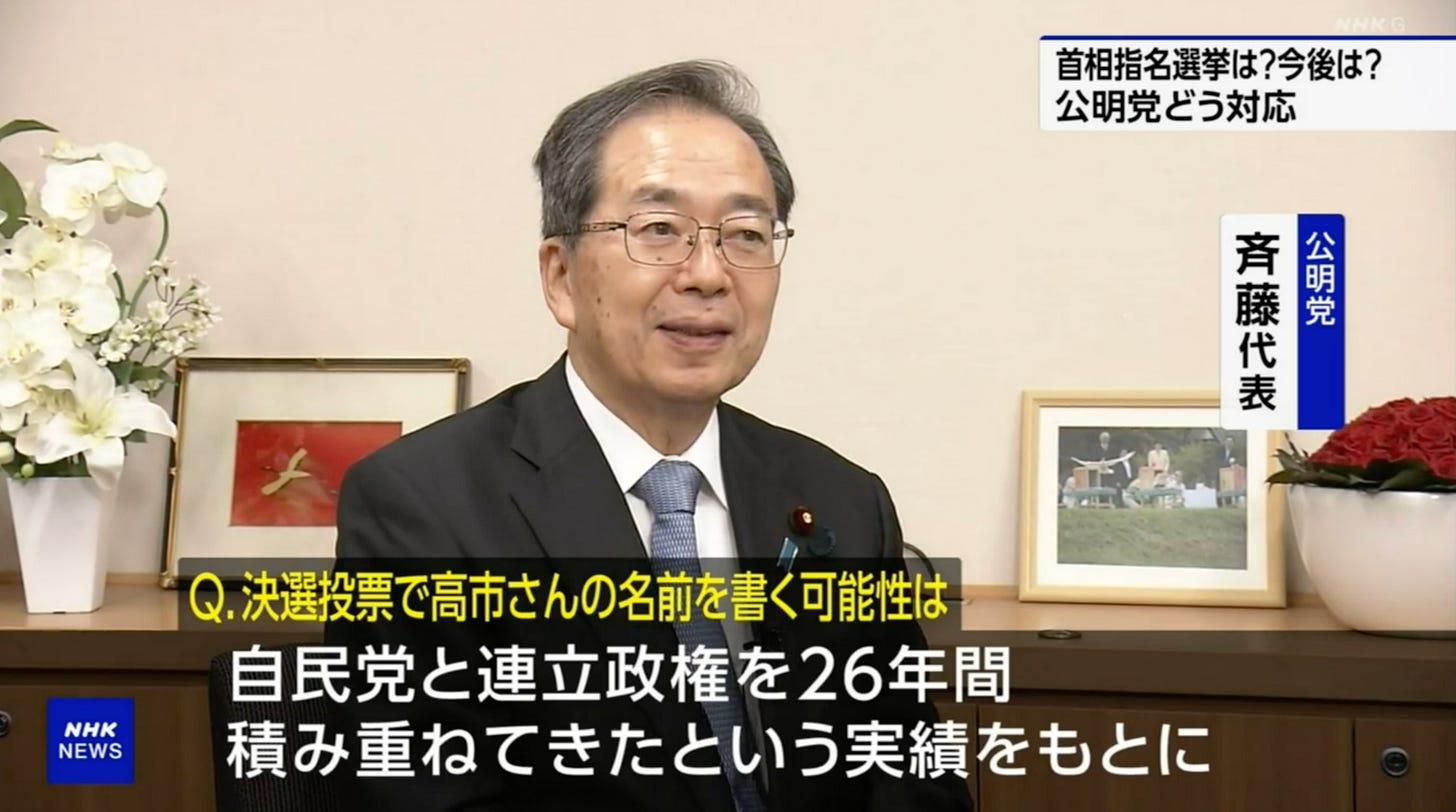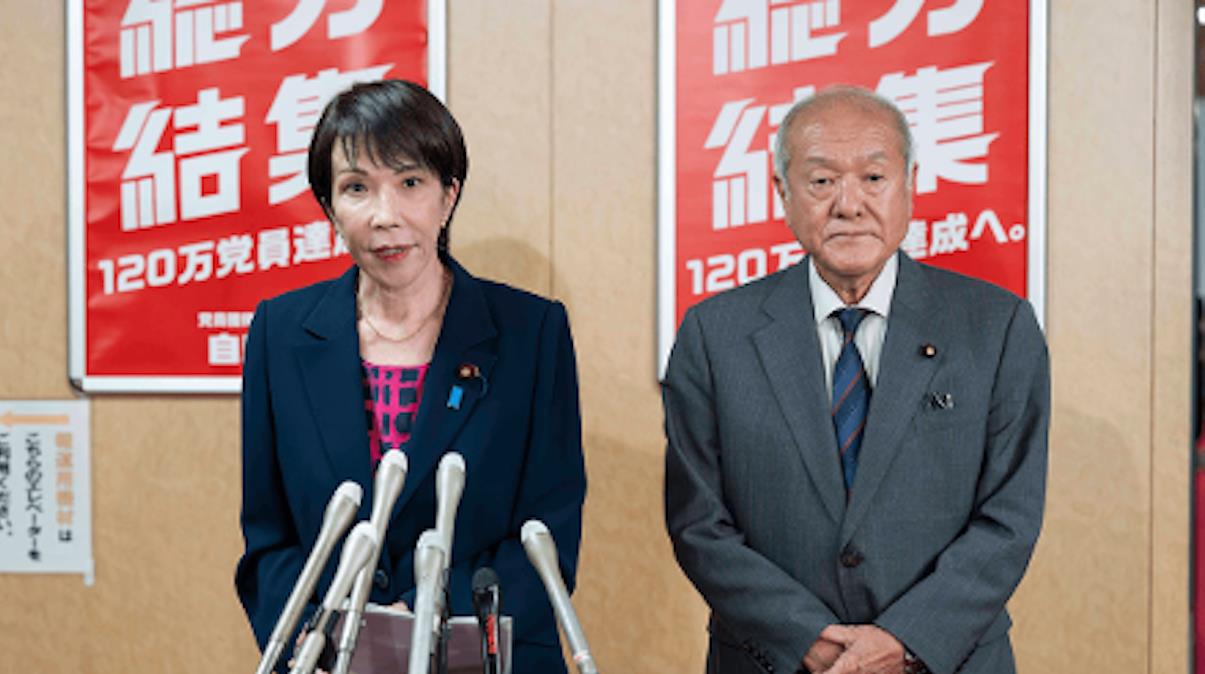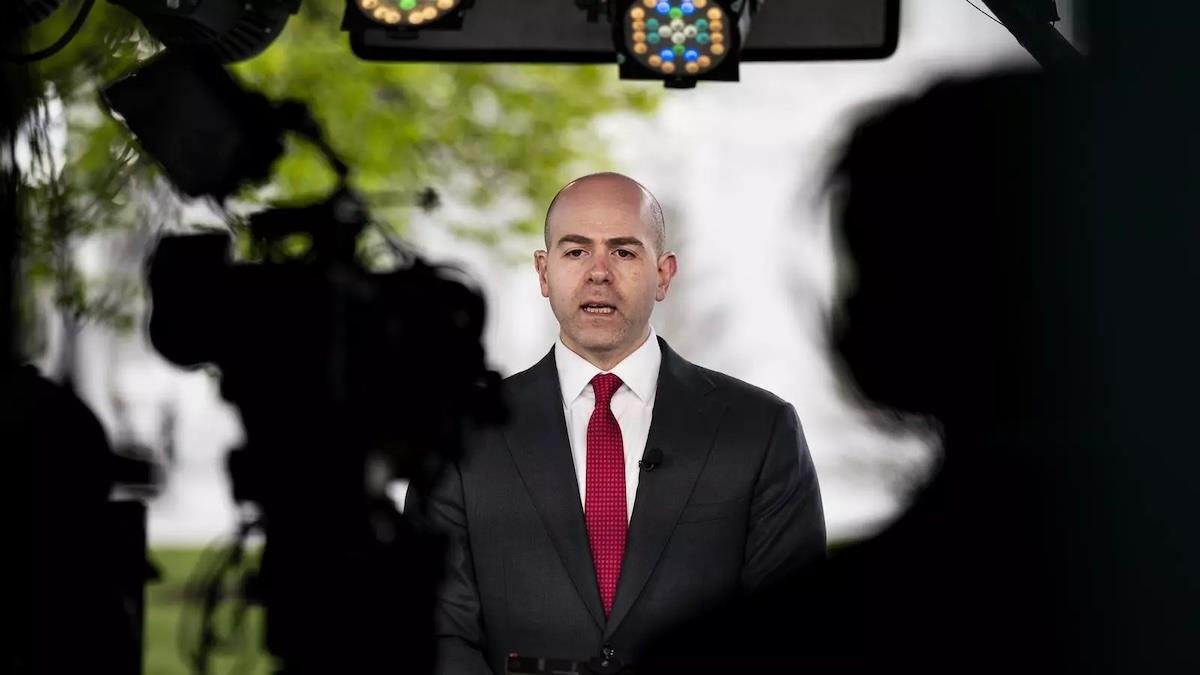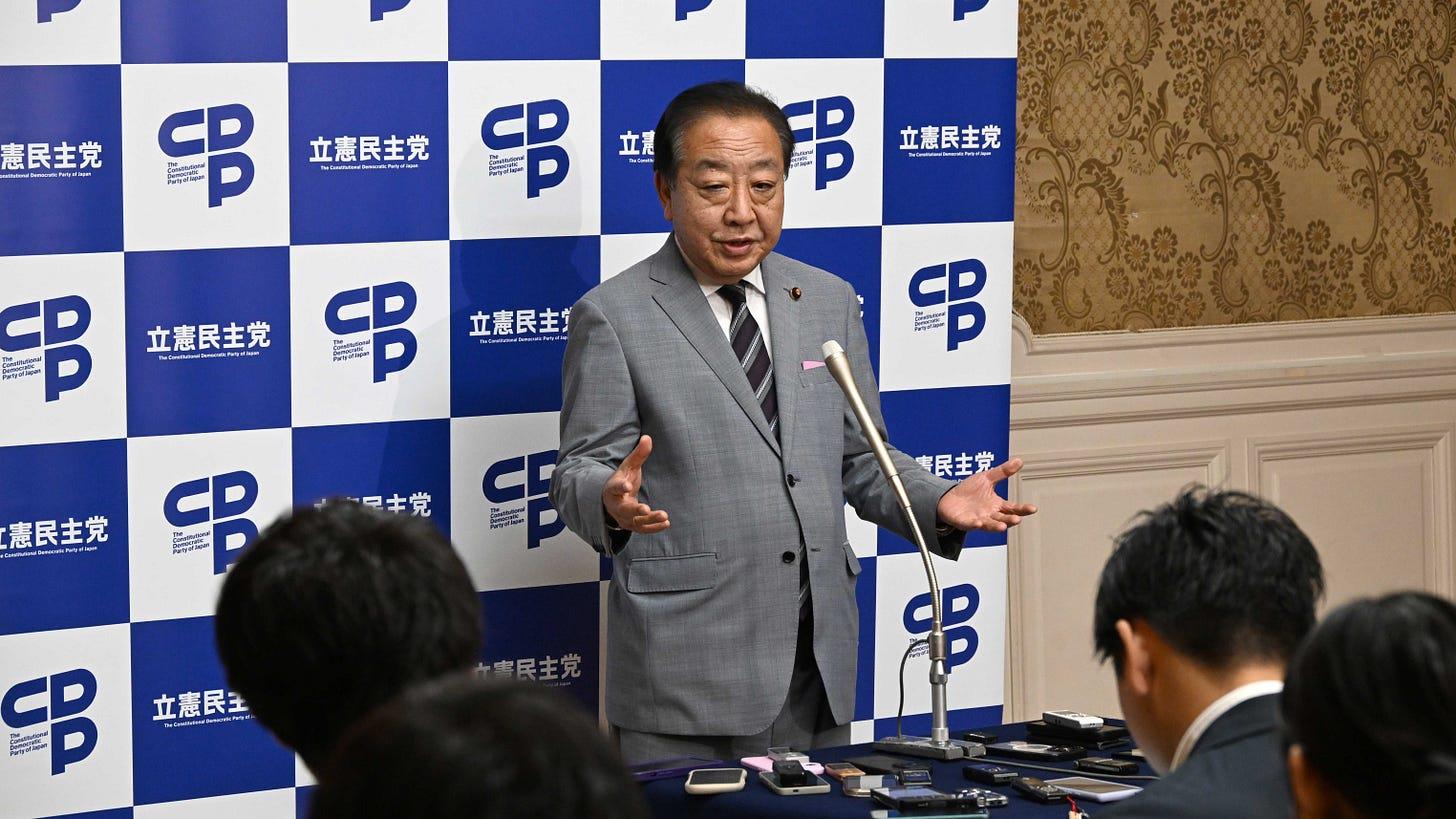
Komeito Quits Japan Coalition, Leaving LDP Way Short Of Majority
The centrist Buddhist party, backed by the religious organization Soka Gakkai, has been in coalition with the LDP since 1999, and stuck with the LDP even in opposition from 2009-2012.
This is an inflection point for the Japanese political system, not only reflecting years of gradual change – demographic shifts affecting Komeito disproportionately, the steady erosion of public trust in the LDP after two major scandals, the frustration of Komeito supporters at the compromises required to maintain the coalition – but also opening the door to further change and instability.
What happened?Komeito, with 24 seats in the House of Representatives and 21 in the House of Councillors, announced that it would no longer join the LDP in a ruling coalition. The LDP, already heading a minority government, is now twenty-five seats short of a majority in the upper house and thirty-seven seats short of a majority in the lower house, complicating its ability not only to manage the legislative process but even to elect Takaichi, its newly chosen president, as prime minister in place of Shigeru Ishiba.

Komeito leader Saito Tetsuo discusses the break with the LDP on NHK on 10 October. Screenshot by author. Why did this happen now?
The ruling coalition faced significant challenges through its twenty-six-year history. It was particularly tested during the nearly eight years of the second Abe administration, when Komeito had to compromise with an ambitious, assertive conservative prime minister. And then the years following Abe's assassination in 2022 imposed severe strains on the coalition, starting with the exposure of LDP links with the Unification Church and then the revelation of an LDP slush fund scandal.
Meanwhile, Komeito's absolute and relative electoral support has been falling, from more than 6.5 million votes and 13% of the vote in the 2019 upper house elections to 5.2 million votes and 5.37% of the vote in this year's upper house elections. Some of the decline is due to demographics and some is due to changes within Soka Gakkai, particularly around the death of longtime leader Daisaku Ikeda, but the party also believes that it has paid a significant price for its association with the LDP.
Before the LDP leadership election, Tetsuo Saito warned that the party would not be able to join a government led by Takaichi or by Takayuki Kobayashi. It was difficult to know how seriously to take this threat but, as it turns out, Komeito was entirely serious.
Some of Takaichi's early maneuvers – a secret meeting with Democratic Party for the People (DPFP) leader Yuichiro Tamaki shortly after her victory, before the LDP and Komeito had discussed terms; her willingness to include the scandal-implicated Koichi Hagiuda in her leadership team; and her overall reluctance to prioritize campaign finance reform – were received as“slaps in the face” by Komeito.

Legal Disclaimer:
MENAFN provides the
information “as is” without warranty of any kind. We do not accept
any responsibility or liability for the accuracy, content, images,
videos, licenses, completeness, legality, or reliability of the information
contained in this article. If you have any complaints or copyright
issues related to this article, kindly contact the provider above.
Most popular stories
Market Research

- Fanable Gets $11.5M To Power The Future Of Pokémon & Collectibles $COLLECT Token Farming Goes Live Now
- BTCC Exchange Connects Crypto's Elite At Exclusive Poolside Sync Party Following TOKEN2049 Singapore
- Falcon Finance Sets Community Sale Record On Buidlpad With $113M $FF Token Commitment
- WAL Token Now Listed On Binance Alpha And Spot Exchanges
- Hillary Seiler Releases New Book, 'Train Your Money'
- BTCC Exchange Crosses 10 Million Users: Head Of Operations Alex Hung On Building For The Long Term























Comments
No comment